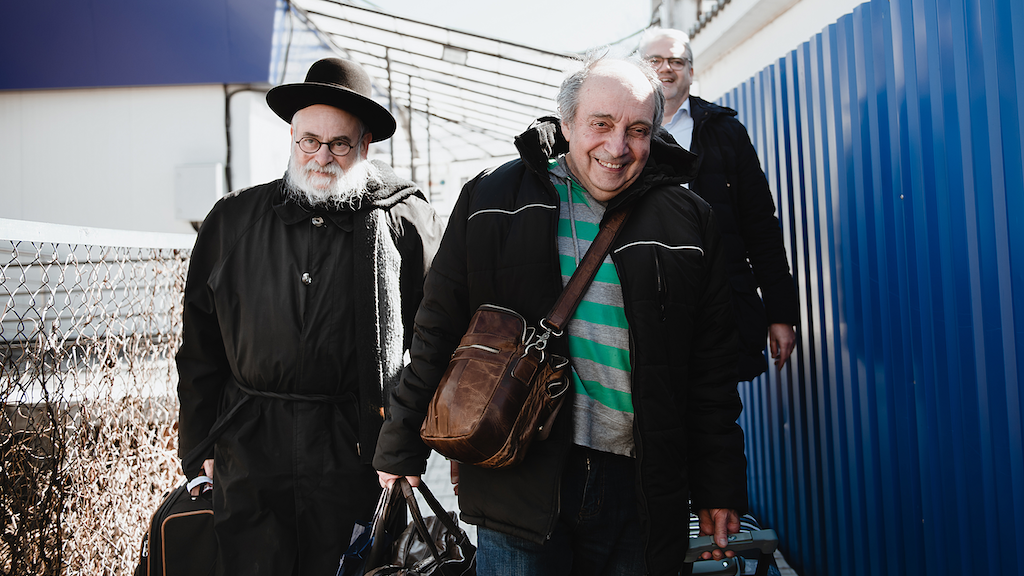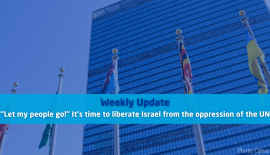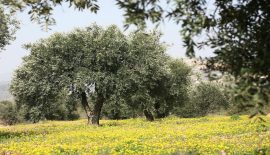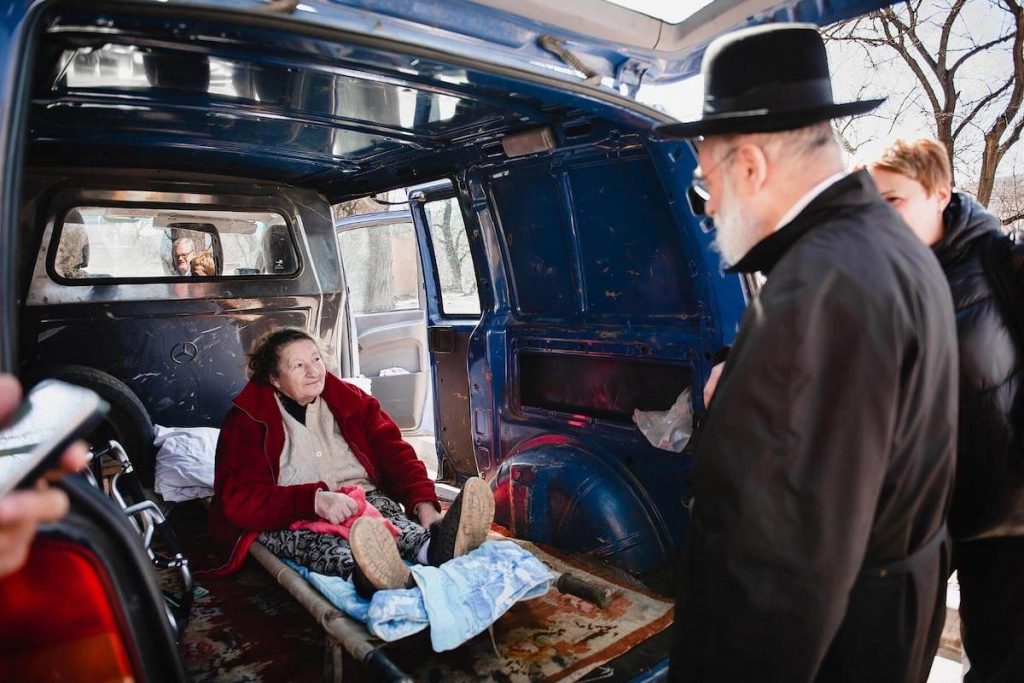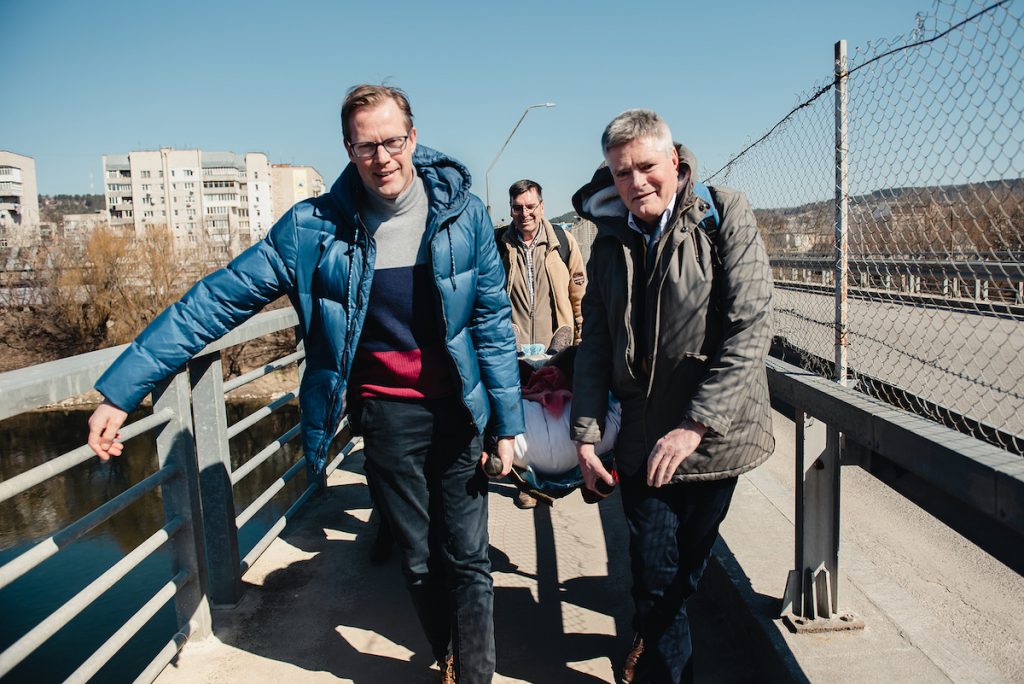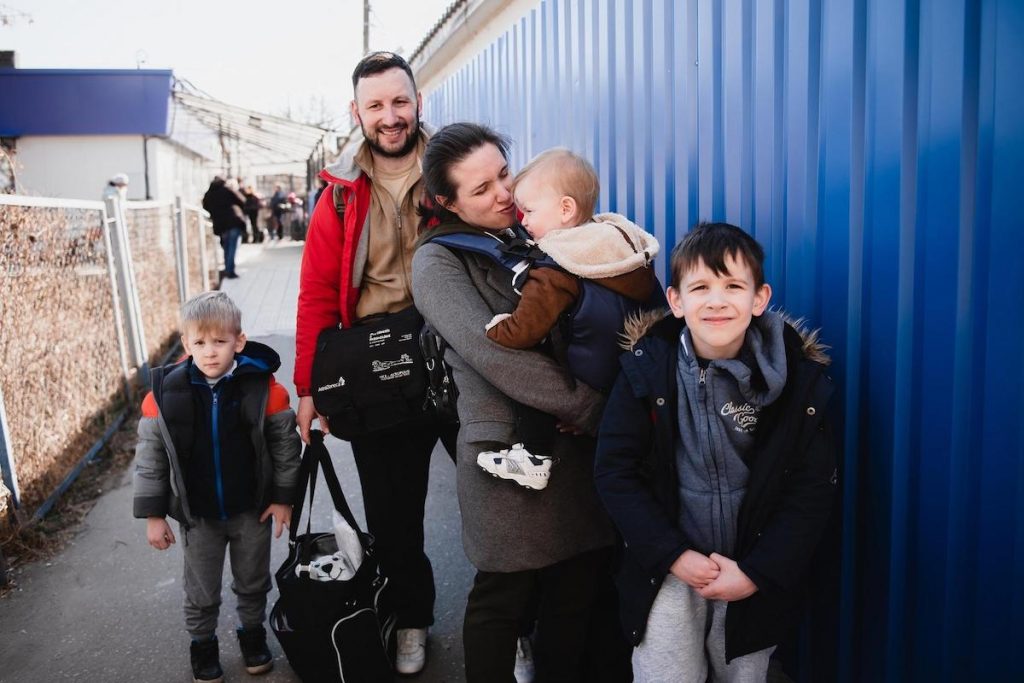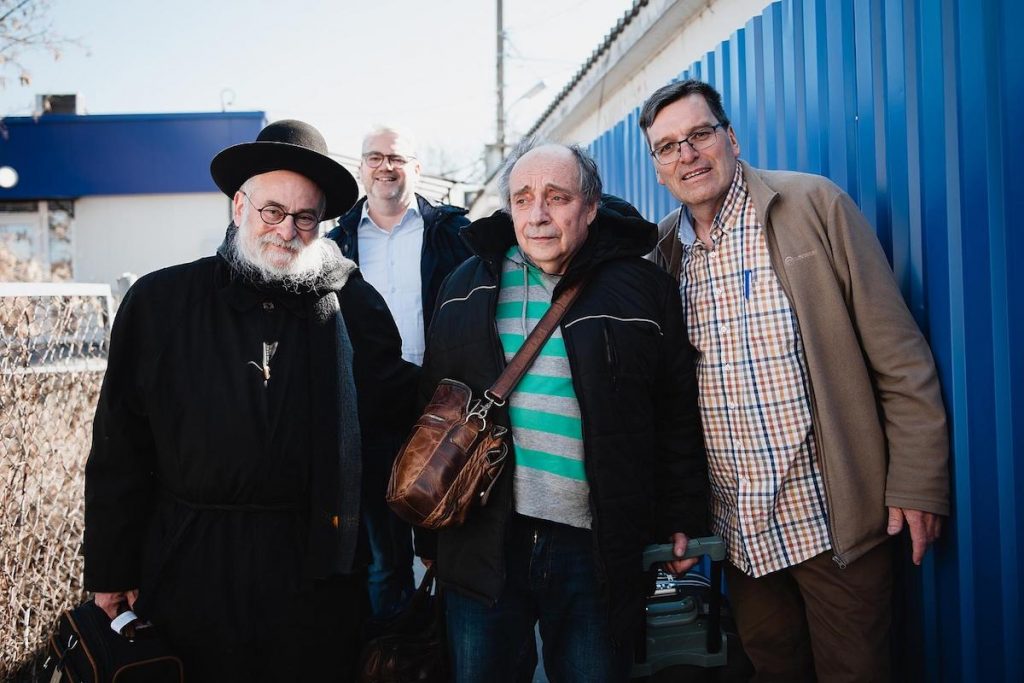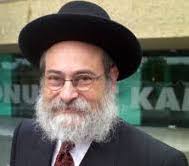The Dutch Chief Rabbi Jacobs in Ukraine (2)
It is 05.00 AM and I slept quite well. First a shower, then davening (morning prayer) and at 07.20 AM we go downstairs where our van is waiting for us. During the night, the sirens went off several times, but we didn’t hear anything. That was no problem by the way, because only when the siren goes off ánd there is a knock at the door, you have to go to the shelter of the hotel (although I have no idea where this shelter is located). At breakfast in the C4I shelter, I speak to all refugees in an ‘encouraging’ way, as I was asked to do by Koen. But I don’t have that kind of encouragement in me. I am more inclined in giving them advice.
By now, it is 2:15 PM and we are on our way with a big bus from the border between Ukraine and Moldova to Kishenev, the capital of Moldova. In the bus only Jewish refugees with the Holy Land, Eretz Yisrael, as their final destination. On the Ukrainian side of the border, everyone has to get off, including luggage and all. The luggage, by the way, is only a few bags, garbage bags and here and there a backpack. For most refugees, that is their total possession. The group consists of older men and women. The younger women with children are without husbands. Their husbands and fathers cannot leave the country because of general conscription. Before the bridge (to freedom) there’s the border control of Ukraine. Then about 800 meters of walking across the bridge, followed by the border control of Moldova. And then on the bus (where I am writing this) to Kishenev.
The operation ‘border-border-bus’ takes more than three hours because of checks and the lack of a wheelchair. Wheelchair, I hear you think? Among the refugees is Faina Schneiderman, an old woman who had broken her hip in a fall and had been driven to the border town in a van by one of Koen’s team members. She was lying on a stretcher (which was probably from before World War I) The plan is that the men from Urk (a fishing village in the Netherlands) – staying in a border town cottage and helping Koen with the transport of Jewish refugees from the border to whatever destination – would be ready on the Ukrainian side of the border with a wheelchair. This plan failed, unfortunately, because they were not allowed to enter Ukraine. Therefore, we carried Faina on the rickety stretcher across the border. With the departure of Faina from Ezhuyn, a former ghetto near Sharherod, the last Jewish resident from this former shtetl is gone, after hundreds of years of Jewish life.
Those men from Urk, by the way, is a story in itself. They were asked by a journalist from Israel, to settle temporarily – and completely selflessly – in the border town in Moldova to transport, help and protect Jewish refugees. This is not about protection from Russian shelling, but from local crime, such as theft, kidnapping, prostitution, and swindling. Therefore, the men from Urk did not leave my side for a moment.
Back to the bridge to freedom. I was allowed to help a young woman (who was traveling with her two children and carrying two small suitcases and a half-torn garbage bag) to carry the ‘luggage’. I couldn’t bring myself to walk comfortably behind her with my own hand luggage (a small trolley). But when I saw an old man dragging four bags, I handed the torn heavyweight garbage bag to one of Koen’s team members and came to the aid of the elderly man. Michael Kaytelmann is from Chernigov. He is 70 years old and fled on his own. A harrowing sight. I stayed with him, beside him and for him. He was checked to the point of insanity, out of Ukraine and into Moldova. A member of Koen’s team made it totally clear to the customs officials that we would not leave him behind. After half an hour of interrogation on the Ukrainian side and almost two hours at the Moldovan border, it had apparently been determined that he was not a spy, nor even a terrorist. The reason for the suspicion: he had a Russian passport. Luckily, they didn’t notice the visa for Russia in my passport. Enough writing for now. We are on our way to Kishenev and then back north again.
Photo credit: Svetlana Soroka
